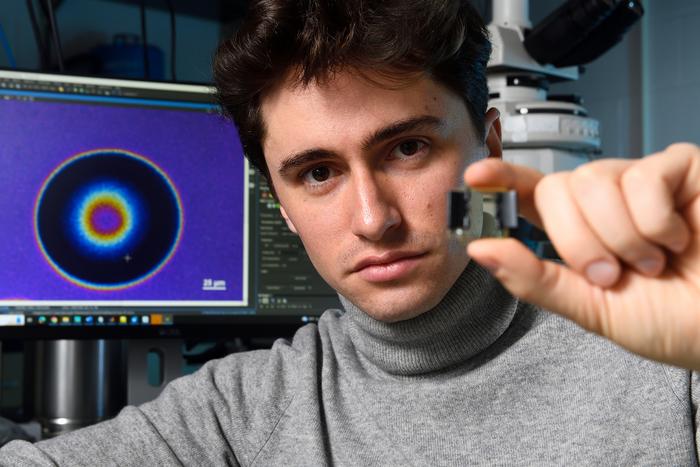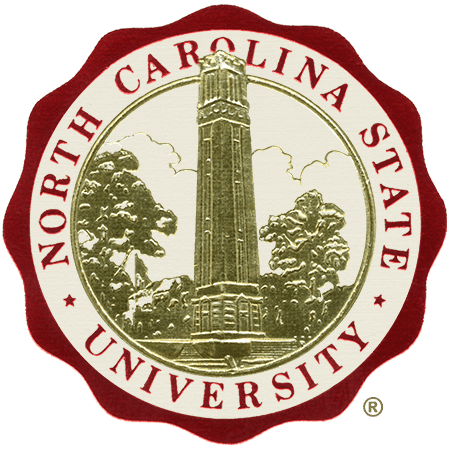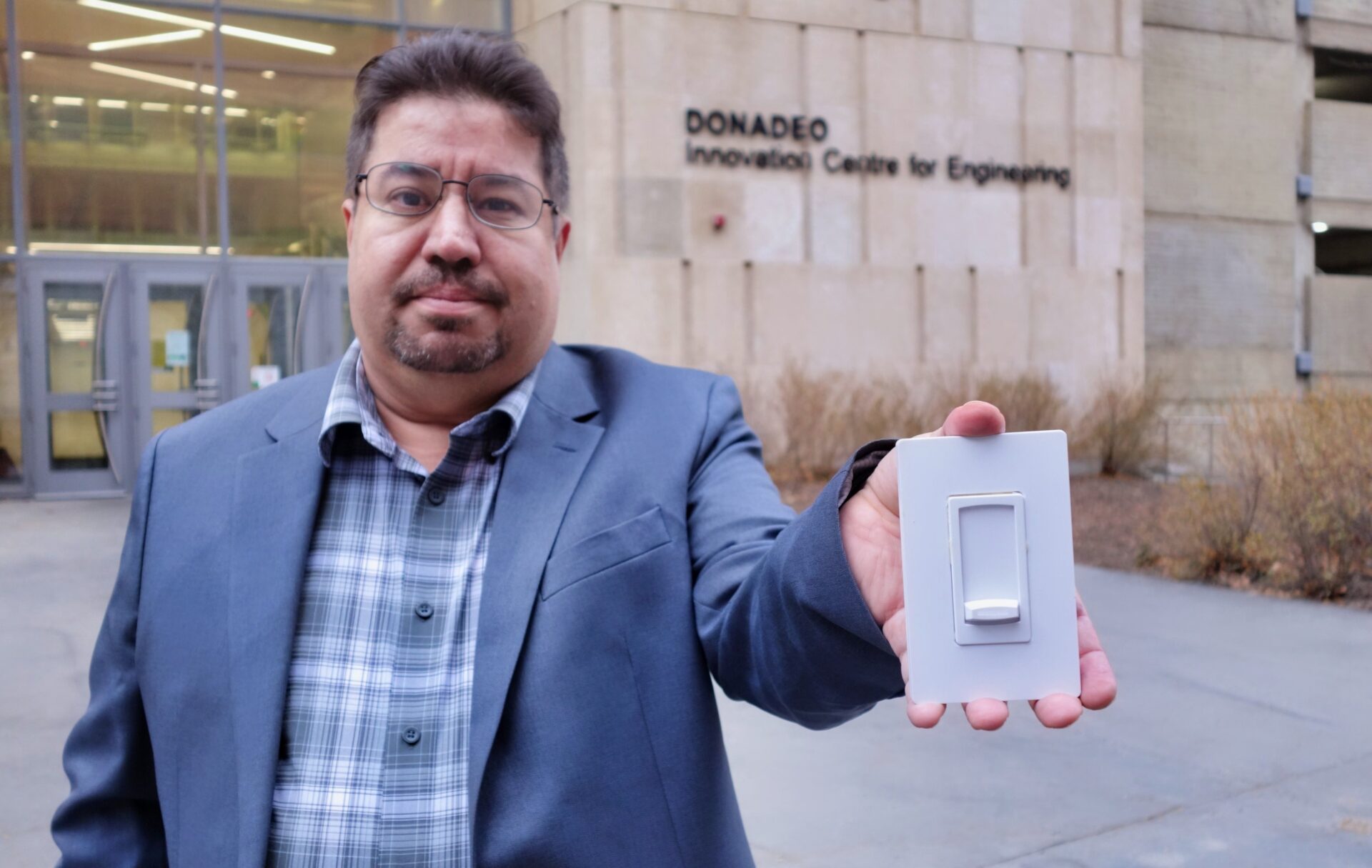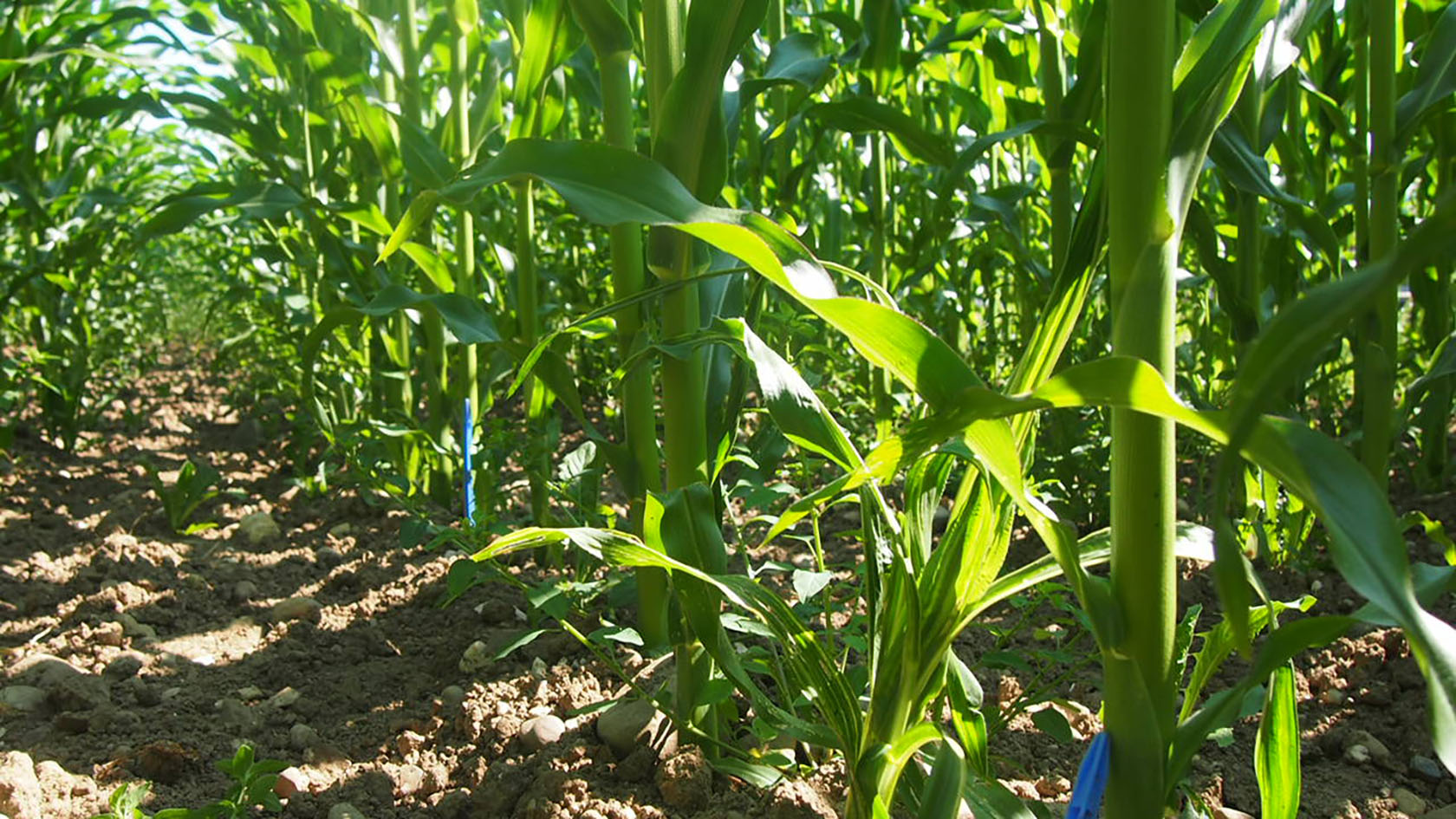
Introduction:
Embark on a journey through the evolution of the Research Institute of Organic Agriculture (FiBL), a beacon of sustainable and organic farming practices. Since its inception in 1973 in Switzerland, FiBL has been at the vanguard of organic agricultural research, advocating for ecological balance, biodiversity, and sustainable food systems. As a leader in organic agriculture research, FiBL’s influence extends globally, shaping organic farming policies and practices through science-driven insights.
History:
FiBL was founded with a mission to develop and promote organic farming methods that are environmentally friendly, economically viable, and socially just. Over the decades, it has become one of the world’s leading information hubs for organic agriculture, contributing significantly to the growth and development of organic farming systems. FiBL’s research has been instrumental in demonstrating the feasibility and benefits of organic farming, influencing both policy and practice on a global scale.
The Latest Bing News on:
Research Institute of Organic Agriculture Research
- UT Institute of Agriculture invests in premier poultry research facility
On Thursday, May 2, nearly 100 state and local officials and members of the poultry production and processing industry joined university officials to celebrate the official groundbreaking for a ...
- Construction begins on groundbreaking precision agriculture research center
Once fully completed, the agriculture research complex will function as a central hub for multidisciplinary experts, scientists and engineers who will collaborate with industry and producers to ...
- Laos to improve nitrogen use in sustainable agriculture and improve food security
Lao National Agriculture and Forestry Research Institute (NAFRI) has jointly launched a project in efforts to improve nitrogen use efficiency in rice farming and promote sustainable agricultural ...
- Patanjali Yogpeeth organises yoga and agriculture training camp
Baba Ramdev’s Patanjali Yogpeeth, in collaboration with Patanjali Organic Research Institute organised a two-day ‘Yogahar’ training camp at the ‘Samriddha Gram’ Patanjali Training Center’ in Haridwar.
- Pesticide-Free But Not Organic: Switzerland Offers An Alternative Pathway To Wean Agriculture Off Chemicals
Getting farmers to switch to organic farming is hard. Could giving up pesticides while still being able to use synthetic fertilisers help them to ma ...
The Latest Bing News on:
Research Institute of Organic Agriculture Discovery
- Flying high: how the drone didi initiative is empowering women in rural areas
Drone didis at a training session On March 11 this year, Prime Minister Narendra Modi participated in the Sashakt Nari-Viksit Bharat programme at the Indian Agricultural Research Institute ... in nine ...
- 2023 National Best Farmer receives GH¢1million prize
GH¢1million to Madam Charity Akortia, the 2023 National Best Farmer.The prize money, sponsored by the Agricultural Development Bank (ADB), is a reward for emerging as the overall winner at the 39th ...
- Laos to improve nitrogen use in sustainable agriculture and improve food security
Lao National Agriculture and Forestry Research Institute (NAFRI) has jointly launched a project in efforts to improve nitrogen use efficiency in rice farming and promote sustainable agricultural ...
- Pesticide Residues in Food Do Not Tell the Full Story on Hazards and the Importance of Organic
(Beyond Pesticides, May 1, 2024) According to a new analysis by Consumer Reports, the U.S. Department of Agriculture (USDA ... a database maintained by TEDX, a nonprofit research institute that uses ...
- Patanjali Yogpeeth organises yoga and agriculture training camp
Baba Ramdev’s Patanjali Yogpeeth, in collaboration with Patanjali Organic Research Institute organised a two-day ‘Yogahar’ training camp at the ‘Samriddha Gram’ Patanjali Training Center’ in Haridwar.
Top 10 Innovations:
- Development of Organic Farming Techniques: Comprehensive research in organic farming methods, leading to more sustainable and productive practices.
- Advancements in Soil Fertility and Composting: Pioneering work in soil health, emphasizing the importance of natural soil fertility and effective composting techniques.
- Integrated Pest Management (IPM): Innovations in pest control that focus on ecological balance and reducing reliance on chemical pesticides.
- Research in Agroecology: Contributions to agroecological practices, promoting biodiversity and ecosystem sustainability.
- Organic Livestock Management: Developing holistic approaches to animal welfare and organic livestock management.
- Sustainable Crop Rotation Practices: Research and promotion of crop rotation methods that enhance soil health and biodiversity.
- Biocontrol Agents in Organic Farming: Introducing natural biocontrol agents to manage pests and diseases in organic crops.
- Organic Certification and Standards Development: Involvement in the development and refinement of organic certification standards globally.
- Agroforestry in Organic Farming: Integrating tree farming with agriculture practices, promoting biodiversity and sustainability.
- Sustainable Food Systems and Policy Influence: Extensive research contributing to the development of policies that support sustainable food systems.
Top 10 Innovators:
- Dr. Urs Niggli: Former director of FiBL, renowned for his extensive work in organic farming research and policy.
- Prof. Dr. Paul R. Ehrlich: Notable for his contributions to the understanding of biodiversity in organic farming systems.
- Dr. Christine Watson: Renowned for her research in soil science and sustainable crop systems.
- Dr. Helga Willer: Known for her work in the compilation and dissemination of global organic farming statistics.
- Dr. Lukas Pfiffner: Expert in agroecology and biodiversity within organic farming systems.
- Dr. Adrian Müller: Focused on sustainable food systems and the socio-economic aspects of organic farming.
- Dr. Lucius Tamm: Leading researcher in biocontrol and disease management in organic agriculture.
- Dr. Franco Weibel: Notable for his contributions to organic pomology and sustainable fruit farming practices.
- Dr. Matthias Stolze: Known for his work in economics and policy in organic agriculture.
- Dr. Angelika Hilbeck: Leading researcher in agroecology and the environmental impact of GMOs.
The Research Institute of Organic Agriculture (FiBL) stands as a testament to the power of sustainable and organic farming in addressing some of the most pressing challenges of our times. Through its dedication to research, education, and policy influence, FiBL continues to lead the way in transforming agricultural practices for a healthier, more sustainable world.
Created by ChatGPT (ChatGPT can make mistakes. Consider checking important information.)










